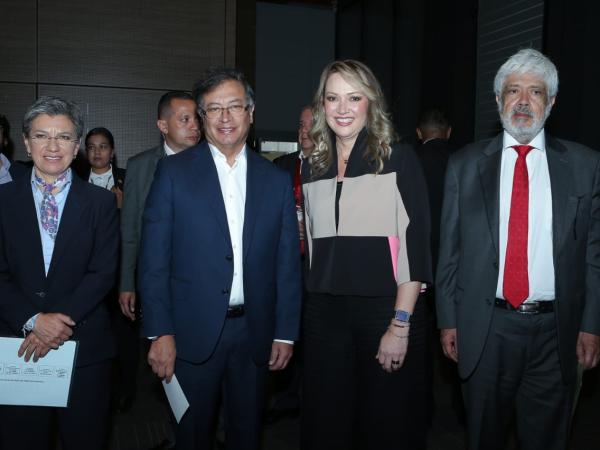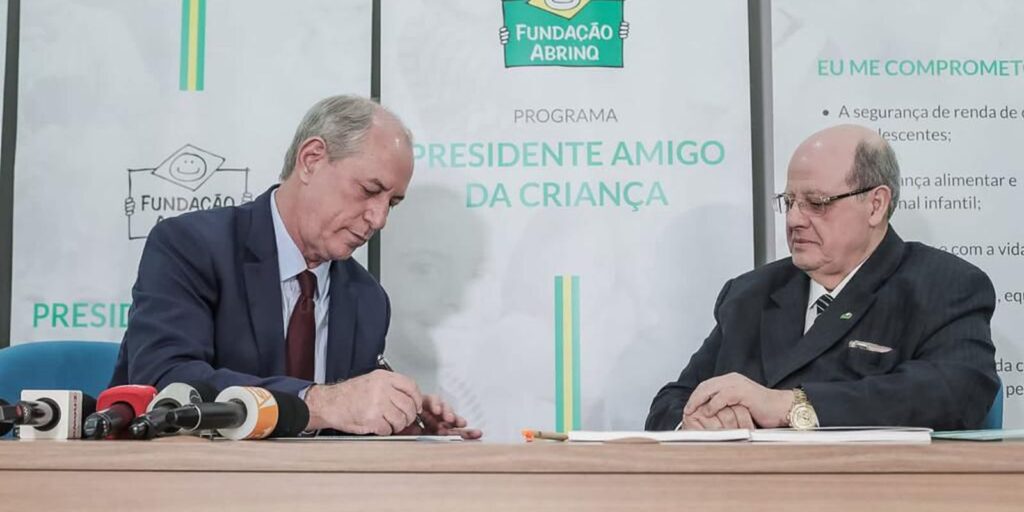The Director of the Public Health Institute (ISP), Heriberto García, referred to the measure that expands the age range for vaccination against Covid-19, which can now be applied to minors from six months of age.
From the public service they authorized the expansion of the range for inoculation in infants with vaccines from Pfizer, Sinovac and Moderna laboratories.
You may also be interested in:
in conversation with Radio DNA, Garcia pointed out the importance of inoculation in this age group and the rationale behind the decision.
It is due to “studies given between 5 and 6 months that were evolving. We are seeing that this vaccine is being used in some countries. We received the request from the laboratories to carry out this expansion of the age group,” he explained.
He also stressed that “a therapeutic tool is delivered to an age group that was without vaccines. In this way, this also allows them to lead their normal life in what the nursery means.”
With this measure, the focus is on avoiding hospitalization, however, the director of the ISP pointed out that “the detail is not being seen in avoiding contagion.”
Regarding the hospitalization of children infected by Covid-19, he stressed that the proportion of minors comprises “the fifth reason for hospitalization.”
“That 13.12% that is hospitalized is a group that we have to avoid, and that is where the vaccine will be essential (…) that is where we are focusing our efforts.”
One of the complex scenarios facing this age group is the possibility of being infected with more than one virus at the same time. “These coinfections greatly harm a person’s health prognosis and in the case of children it is worse,” he said.
In this context, he emphasized the importance of being able to provide the greatest coverage possible.
“The influenza vaccine first, which was already updated to be used in this age group, and now the Covid one. There are two vaccines that cover this, ”she commented.
“Children, despite being infected, will have a good prognosis because they will not go to the seriousness of hospitalization (…) in addition to having another contagion or infections, it would clearly be harmful,” he explained.
Vaccine distribution
Regarding the distribution of the doses according to the laboratory, for vaccination in children from six months of age, the director of the ISP maintained that “the difference between the three vaccines is that Pfizer’s advanced its studies to place a booster in the eighth week. That is, in the primary schedule of two doses, they tried and presented better results around that”.
“The other two have, for today, a two-dose scheme, but nothing rules out the possibility of placing a third,” he added.
In this way, the detail about each vaccine and its laboratory is as follows:
- Pfizer: from 6 months to 4 years. Two first doses with an interval of three weeks. A third dose 8 weeks apart.
- Modern: from 6 months to 2 years. Two doses with an interval of 28 days.
- Sinovac: from 6 months to 3 years. Two doses with an interval of between 14 to 28 days.
Regarding the time of inoculation, he explained that “it is the same as adults; between 21 to 28 days and the third is in the order of the eighth week“.
There is still no information regarding when vaccination will begin to be implemented in children from 6 months. Since more meetings must be held to define the best time.
Controversies and fake news
Due to the controversy regarding inoculation, specifically about a false news published by deputy Gonzalo de la Carrera that indicated the presence of graphene in vaccines against Covid 19, the director of the ISP denied the statements and explained that graphene “ It is a graphite, a transparent particle that is usually found on cell phone screens.”
“The people who have installed these fake news automatically deny themselves with the fact that they say that’s why they have magnetism”, he detailed.
“The assertion that the vaccine has graphene is absurd (…) it must be clarified that graphene does not produce magnetism. Reiterate that vaccines do not have graphene “, she sentenced.
















